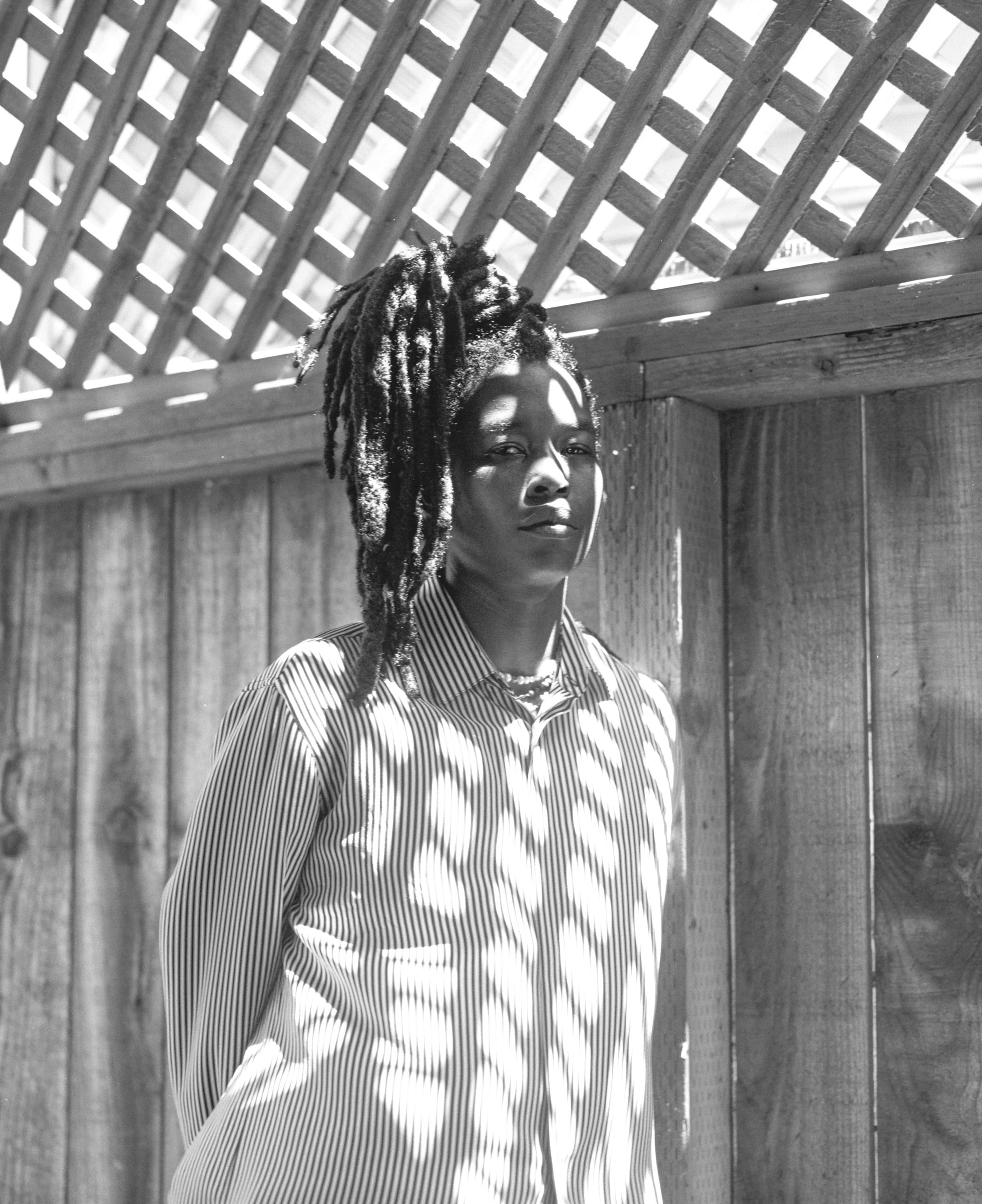There is nothing new under the sun. Not to mention, you’ve heard that line before. How often? Well, Ecclesiastes was written about 3,000 years ago, so imagine the level of boredom it took to have someone mention it in the Old Testament. And they didn’t even have records back then.
As surprising as it has been to admit this to myself, I’m a little bored with jazz this summer. Oh, The old records are good, they have been around for a reason, listening to them is like hearing that specific and personal language you share with someone when the two of you are in love with each other, it fires up the synapses of pleasure and well being. Some new and recent music approaches that, it flirts with me, and even if we don’t connect on everything all at once, we’ll have a few more dates and see where it goes—things look promising! While few of us are truly cut out for polyamory, I suspect, records are a different thing, like having lots of lovers who ask nothing of you but to receive their pleasures. We should all indulge.
But as a whole, jazz seems to be stagnant so far in 2022, with exceptions I’ll discuss below. There is no one prevailing 21st century style of jazz, but there have been some informal movements that have expanded the music and enhanced its vitality, like the skronky, post-Zorn style, with its extroverted energy and irreverence, and the way musicians took back rhythmic innovation from both IDM and hip hop, and started building smooth, deep groves out of complex meters.
Advances tend to get incorporated into the mainstream, and so those ideas became standard, especially the latter. I’ve heard so many records over the past five years that have a strong, odd-meter over deep pedal tones in the bass and left-hand of the piano, usually in a minor key, that when a new CD comes my way I’m either turned off by hearing this idea yet again, or shocked into attention by not hearing it, at last on the first track (it usually shows up on the second ).
This is so prevalent, and has been so for over a decade, that I worry about hearing anything fresh. Jazz, and non-pop music making in general, is so dominated by music schools and curricula that not only is the music—like classical—mostly off-limits to people without the economic resources to pay for lessons and music education, much less have access to instruments, that not only is the music missing out on an incalculable amount of talent but it’s established a conformity that determines what/who gets heard and who gets shut out. The academicization of jazz, through conservatories, is doing to the music, I fear, what it has done to things like classical composition, turned it into a guild system (thus both atavistic and decadent) that produces results acceptable to the bland consensus of the guild. Knowing the right people and going to the right schools is how anyone gets a job in mainstream, prestige cultural and media institutes, with obvious results, and I do fear that for the music. Jazz is meant to be remade, and renewed, each time it’s played, and the musicians are out there, who knows if they’ll ever get the chance.
There are, thankfully, exceptions—the other thing that’s not new is that there will always be individuals who tack against the winds of prevailing notions, and some of them actually, in the end, make it to land. There’s a small handful of recent recordings that are very much renewing the music and do so by striking out on their own, ignoring the current consensus of modern jazz. It’s not ironic to point out that some of the leaders on these records are teaching in the academies themselves, instead it’s a point of optimism and hope that there might be a consensus of no consensus, or many, in the future:
– The great Tyshwan Sorey is back, as a drummer (his composing life is an entirely different subject), with the trio album Mesmerism, featuring pianist Aaron Diehl and bassist Matt Brewer. Like Sorey’s previous, and incredible, album Unfiltered, this one is self-released (on his new Yeros7 Music label). But unlike anything he’s done before, this is in a way a classic piano trio album, the material comes from other sources, like Horace Silver, Duke Ellington, Paul Motian, and songbook classics like “Detour Ahead.” The playing is very much in the jazz tradition—song forms, swing—but the details are fantastic, with the trio rethinking melody, harmony, and rhythm, from the group up. The titles are identifiable, but they sound completely new, as if they had independently imagined and come up with the same songs as the original composers had, the same inside but wearing totally different clothes. Refreshing and remarkable.
– Another musician I’m always eager to hear, and an old colleague of Sorey’s, is saxophonist Steve Lehman. His new album on Pi Recordings is Xaybu: The Unseen, his second collaboration with MCs HPrizm and Gaston Bandimic (from Dakar) under the name Sélébéyone (the Wolof word for “intersection”). The music starts in jazz and hip hop but abstracts both and goes beyond each. The album has a concept of exploring the connection between Islam and creativity, but it’s so much more than that. Sonically kaleidoscopic, at its core it’s a subtle and complex emulsification of jazz, hip hop, electronic beats and signal processing, and the technology of the recording studio. And it absolutely resists interpretation, even as it’s constantly intriguing, something too infrequent in our culture of commodified obviousness.
– I have the same reaction to Moor Mother’s music, that it’s compelling and also resists easy explanation, which makes it more compelling. Her latest is on the Anti- label and is titled Jazz Codes. I hear her in the same way I hear Lehman, in that both musicians do incredible things with the tools of music production, and I often don’t understand how they even thought of these things, their imaginations are so personal and so outside the contemporary mainstream of pretty much all music making. The spirit of Jazz Codes is embracing, it opens up to the listener. This is a new-jazz/poetry album, with Moor Mother enlisting singers like the wonderful Melanie Charles (and herself speaking), with lush sonics, almost like a soul lullaby in that it is full of beautiful feelings, but with enough sharp points to keep you alert.
– Phil Freeman’s Burning Ambulance label has an eponymous release from the new trio Breath of Air. Newly formed that is, but veteran, with guitarist Brandon Ross, violinist Charles Burnham, and drummer Warren Benbow (sort of James Blood Ulmer’s Odyssey trio with a different guitarist). This is heavy on improvisation, but not completely free, as the players organize themselves around drones and always have a direct line on the tradition of blues and Black string music. Though very different than Jazz Codes, this record is equally as beautiful, but with a very different emotional quality. Breath of Air uses musical time as a journey, and builds some intense, even abrading experiences while ultimately bringing you safely through to the other side, breathing deeply and feeling, like the music on all these albums, renewed.
Author
-

George Grella wrote the book on Miles Davis’ Bitches Brew. He write other stuff too. killyridols.substack.com/
View all posts
George Grella wrote the book on Miles Davis’ Bitches Brew. He write other stuff too. killyridols.substack.com/










